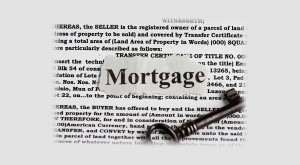
April 5, 2016
Understanding FHA Appraisals
Whether you’re purchasing a suburban home, a town home, manufactured home or condo, all properties must be appraised before the loan can be approved. The appraisal process and its requirements may vary depending on whether the home is under construction, is considered new construction, or is termed “existing construction”, but in all cases the property must meet minimum FHA standards also know as MPRs and MPS. HUD 4000.1 explains the appraisal process: “The Appraiser must observe, analyze and report that the Property meets HUDs MPR and MPS. Minimum Property Requirements (MPR) refer to general requirements that all homes insured by FHA be safe, sound, and secure. Minimum Property Standards (MPS) refer to regulatory requirements relating to the safety, soundness and security of New Construction.” “Every Property must be safe, sound, | more...








